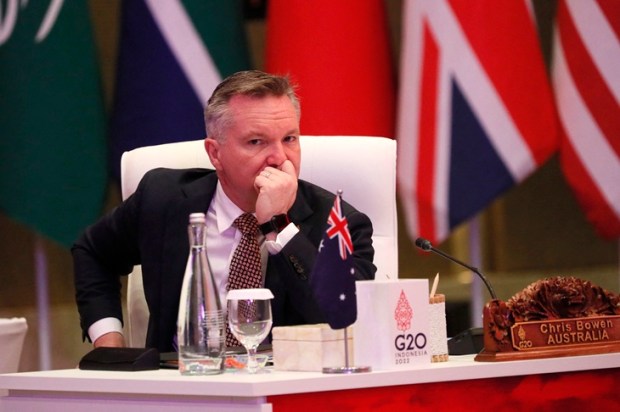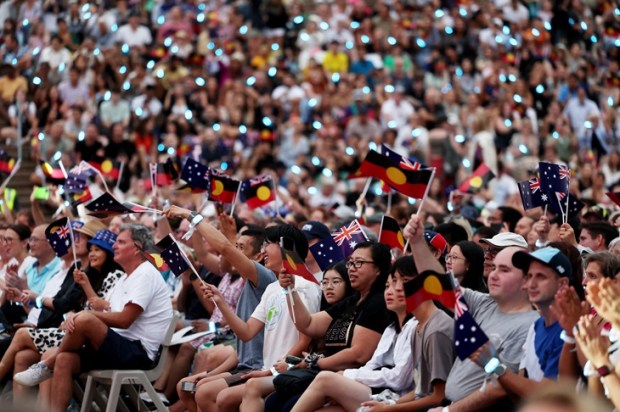Later this year, Australians will be asked to vote in a referendum to add a new chapter to the Australian Constitution for an Indigenous Voice to Parliament and the executive government.
Our Constitution is an extraordinary document. It is one of the oldest, most stable, and most successful constitutions in the world. It has helped to give Australia over 120 years of peace, freedom, and prosperity. As a result, our country has become one of the most popular destinations for migrants.
Sadly, the experience of many other countries is very different. Half the countries of the world today are oppressive autocracies, where power is concentrated in a single person who rules with absolute authority, free from checks and balances. They sit above the law.
A central objective of Australia’s Constitution is to guard against oppressive or tyrannical government, in which power is concentrated in the hands of a few. This is achieved, firstly, by treating all people equally: all citizens have an equal right to vote, seek election, and serve in Parliament. Secondly, concentration of power is deterred by dividing political power between the Parliament, the executive government, and the judiciary.
Highly significant is the fact that a new chapter is proposed for the Indigenous Voice. The Constitution is primarily concerned with power: Who has it? And for what purpose? There is a separate chapter for each centre of power. One chapter defines the powers of the Parliament to make laws. Another chapter gives the executive government the powers needed to administer the laws. And a third chapter makes the judiciary responsible for interpreting these laws.
Power is also divided between the Commonwealth and the States, with a separate chapter for the States. Most importantly, all these centres of power are equally open to all qualified Australians.
Adding an Indigenous Voice as a new chapter would boldly declare it to be a new centre of power, competing with the powers of the Parliament, the executive government, and the judiciary. Such a Voice would be a centre of power for only a small minority of Australians. This is completely opposed to the fundamental democratic principle of treating all citizens equally.
The advocates for an Indigenous Voice at the 2017 Uluru convention wanted the Voice to be in the Constitution to give it power. This is clear from The Uluru Statement from the Heart, which seeks ‘constitutional reforms to empower our people and … have power over our destiny’. Concern was expressed that ‘the proposed body would have insufficient power … and there was support … for it to be given stronger powers’.
Indigenous disadvantage is already being addressed by the National Indigenous Australians Agency, whose vision is ‘to ensure Aboriginal and Torres Strait Islander peoples are heard, recognised, and empowered’. That sounds remarkably like the proposed role for the Voice.
With some 1300 staff, the NIAA has an annual budget of about $4.5 billion. It is well placed to address Indigenous disadvantage. If it is failing to fulfil its vision, it should be audited and reformed if necessary. But it is not in the Constitution – and doesn’t need to be.
If we want to continue enjoying the wonderful benefits of life in Australia, we should uphold Australia’s Constitution with its equal treatment of all and its carefully crafted checks and balances. We should reject a new centre of privileged power for a small minority of Australians. And in the upcoming referendum on an Indigenous Voice, we should vote ‘No’.
Dr David Phillips is a former research scientist and founder of FamilyVoice Australia.

























